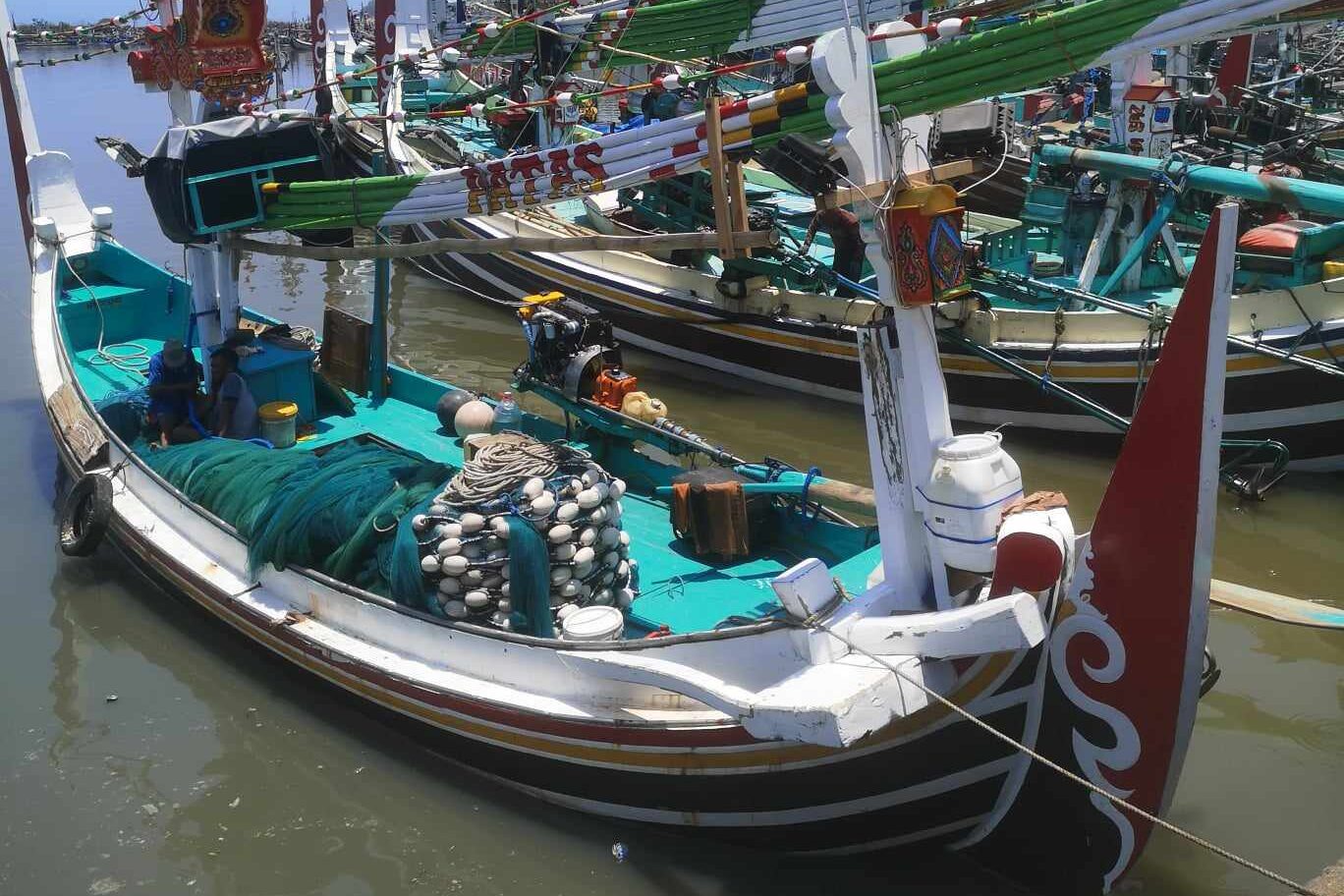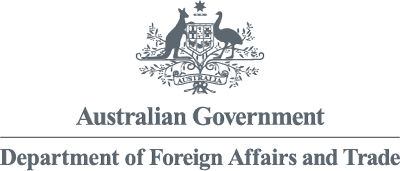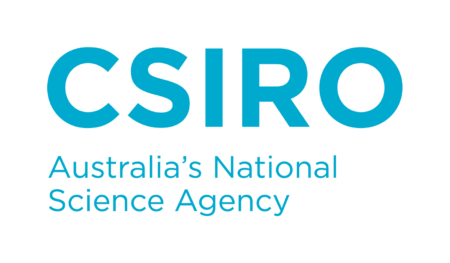Case Study: IPPIN Grants | Nuplas
Nurturing a nautical treasure, how Nuplas Solutions prevents discarded fishing nets from entering our oceans

Through an IPPIN Grant, CSIRO is supporting Nuplas Solutions to stop old fishing nets from ending up in the ocean and landfill by creating systems to collect and recycle ghost gear which accounts for approximately 46% of major ocean debris.
| Project Lead | CSIRO | Manufacturing Business Unit |
| Project Partners | Nuplas Solutions SDN BHD |
| Grant Support | $100,000 |
| Grant Amount | $100,000 |
| Trial Location | Indonesia and Malaysia |
| Project Duration | 12 months |
The Challenge
Old fishing nets or ghost nets are a major environmental problem in our oceans. Ghost nets are one of the deadliest forms of plastic pollution due to their ability to entangle and kill marine life. According to UNEP an estimated 640,000 tons of fishing gear are lost or abandoned in our oceans every year.
The Innovation
Nuplas Solutions Sdn Bhd is working to stop old fishing nets from ending up in the ocean and landfill by creating systems to collect and recycle them. This helps protect marine life, keeps fisheries safer, and cuts down on plastic pollution in one of the world’s top seafood regions.
Through an IPPIN grant, an initiative that supports scale plastic pollution solutions, Nuplas has been able to better understand the phenomenon of lost fishing gear in different coastal areas of Indonesia and Malaysia. The IPPIN grant has supported field visits to 525 fishers to study plastic and microplastic samples and test a new collection system. Nuplas has been able to run trials to turn old nets into plastic pellets (a high grade, cost friendly alternative to virgin plastics used in manufacturing), demonstrating to potential buyers how waste can become transformed into a valuable, circular resource.
Making an impact with IPPIN support
IPPIN offered a unique platform to combine CSIRO’s polymer science capability with Nuplas’s circular economy expertise to address the ghost net challenge in Indonesia.
Through the IPPIN Grant, Nuplas have ensured a science-based approach to tackling lost fishing gear, collecting qualitative and quantitative data by speaking directly with fisheries to better understand:
- When and why gear is lost
- How nets are thrown away
- The types of gear typically used and discarded
- What solutions local communities currently support.
This data has allowed Nuplas to test and design a recycling system that’s contextually appropriate.
IPPIN has helped foster Nuplas’s commitment to GEDSI (Gender, Equality and Social Inclusion). They do this by ensuring all voices within the community are represented, ensuring small-scale fishers and groups are approached, regardless of their gender age, ethnicity, or socioeconomic status.
At the heart of Nuplas’s work is understanding that truly sustainable change comes from learning from and involving everyone consultation and decision-making.
Next steps and Opportunities
While the Nuplas project continues, their work is laying the foundation to support future regulatory and policy shifts around ghost gear. By engaging a diverse range of fishers and communities, and collecting detailed data on gear loss, disposal practices, and community needs, this body of evidence base is informing future collection systems as well as regional policy.
Nuplas’ findings will support the development of recycling initiatives by showcasing the potential for used fishing gear to be collected, processed, and repurposed, encouraging a shift towards circular economy approaches in marine plastic management. A final report currently in the making will bring together insights and provide practical recommendations to guide decision-makers in tackling ghost gear sustainably and equitably.
Further information
For partnership or investment enquiries, contact the IPPIN team:


